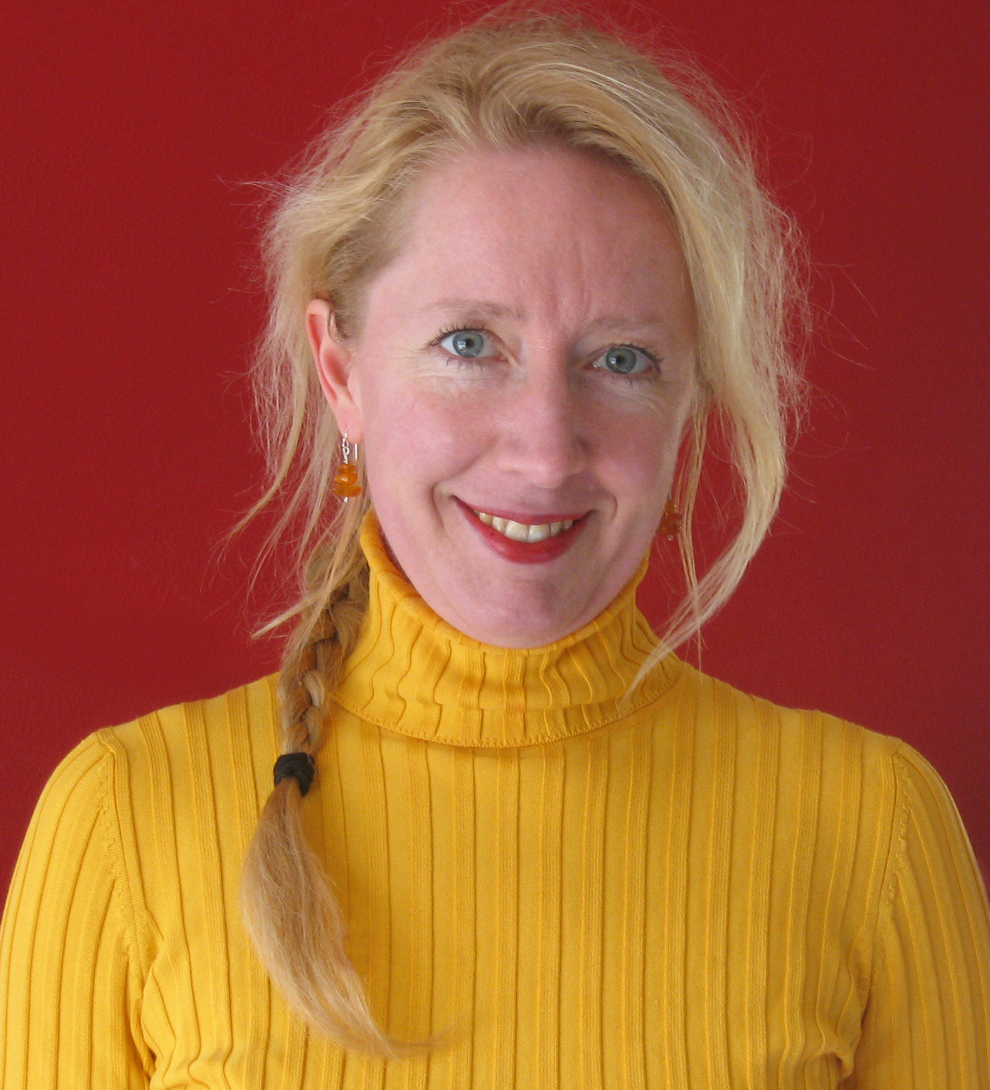Ingrid Andersson is a full-time midwife and poet in Madison, WI. She is completing her first collection of poetry, entitled Down the Female Ages. Her poem "At The Green Burial Informational Luncheon" appeared in the Spring 2018 Intima: A Journal of Narrative Medicine.
The Irish poet Eamon Grennan said, “I think poets are string theorists in some ways. They are trying to bring the macro and the micro constantly into a single focus.”
Few experiences focus human life and practice more, than advanced illness or the impending death of a family member. Susan Sample's poem "Indigo" (Intima, Spring 2014) succeeds in capturing the weight and span of such an experience.
It begins in water, on a raft, with a rowed backstroke, the strong pull in the poet's chest alone beneath pale clouds and looming cliffs, cut through with dark swaths / of coal. Then, it moves to the marbled linoleum undercurrent of a hospital floor, worn through / on the threshold of patient rooms, and a dark lung mass on the X-ray of the poet's friend, the iced absence of breast another swath. Onward, in the less silent chemo suite, we're surrounded by everyday tragedies of pic lines, Hickmans and ports, and the poet's father's slow drip, as it clicks like an aperture set for a long exposure: / one sleeve of his favorite fleece rolled up. The cobalt blue of his sleeve colors the poem, as does the weighted blue of the bowl / he ate cereal from as a boy that I found on the shelf / of his apartment this morning.
Amidst the poem's heaviness, a thread runs through it like a hope, pulling and holding together body and earth, deep grief and sunlight, the particular and the universal. It runs dark and inexorable, like water, like veins through rock, like an intravenous line into a loved one. But it also runs like the sky blue yarn joining a hundred tiny squares in a quilt that a nurse pulls for the poet's father from a woven basket.
Like Susan Sample, I too write poems from life looking into the uncharted fathoms of aging parents. How do we, who strive enough every day to help strangers through pain, disintegration and dying, attend to our own ill and aging without drowning, without growing dangerously benumbed or isolated?
Poetry answers this question in its revelation of patterns, of countless connecting threads, in its refusal to disregard the details of every day and its insistence on homing them in whole people, families, culture and nature. Poetry is a healing practice, because it is a homing practice. My poem "At the Green Burial Informational Luncheon" (Intima, Spring 2018) aims to bring home the death of my mother.
Ingrid Andersson is a full-time midwife and poet in Madison, WI. She is completing her first collection of poetry, entitled, Down the Female Ages. Her writing has appeared in The Progressive magazine, About Place journal, Midwest Review and Wisconsin Poets' Calendar. Her poem "At the Green Burial Informational Luncheon" appeared in the Spring 2018 Intima: A Journal of Narrative Medicine.

